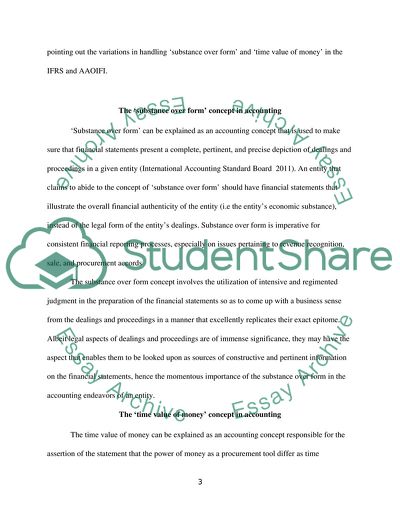Cite this document
(Islamic Accounting and reporting and IFRS Essay, n.d.)
Islamic Accounting and reporting and IFRS Essay. https://studentshare.org/finance-accounting/1822557-islamic-accounting-and-reporting-and-ifrs
Islamic Accounting and reporting and IFRS Essay. https://studentshare.org/finance-accounting/1822557-islamic-accounting-and-reporting-and-ifrs
(Islamic Accounting and Reporting and IFRS Essay)
Islamic Accounting and Reporting and IFRS Essay. https://studentshare.org/finance-accounting/1822557-islamic-accounting-and-reporting-and-ifrs.
Islamic Accounting and Reporting and IFRS Essay. https://studentshare.org/finance-accounting/1822557-islamic-accounting-and-reporting-and-ifrs.
“Islamic Accounting and Reporting and IFRS Essay”. https://studentshare.org/finance-accounting/1822557-islamic-accounting-and-reporting-and-ifrs.


